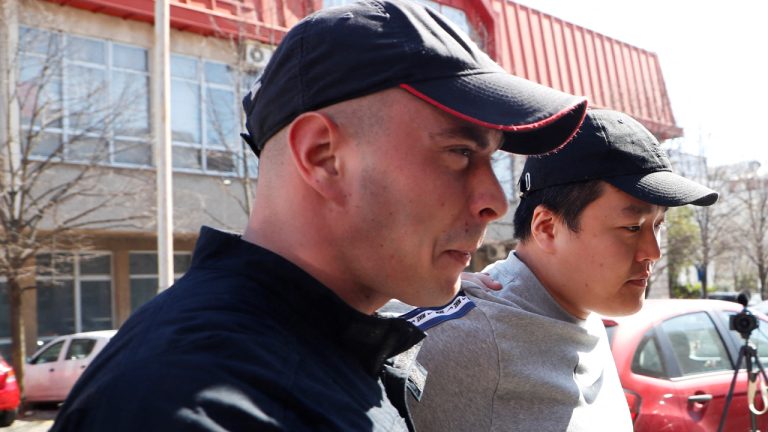
Telegram Open Network users can now use their tokens to book hotel reservations, airline tickets, tours and excursions in over 230 countries.
Travala, an innovative crypto-native travel booking firm, has announced an integration with the Telegram Open Network that will allow holders of Toncoin (TON) to book airline tickets, hotels and travel tours with their tokens.
The booking company already supports payment through market giants such as Bitcoin (BTC), XRP (XRP), Solana (SOL), Ether (ETH) and others. In total, Travala accepts 127 payment methods for travel booking. Upon announcement of the new integration, Travala CEO Juan Otero said.
As the travel industry seeks to acclimate to the digital age, new solutions are emerging from the blockchain and digital asset sectors to provide better customer experiences and greater financial efficiencies.















